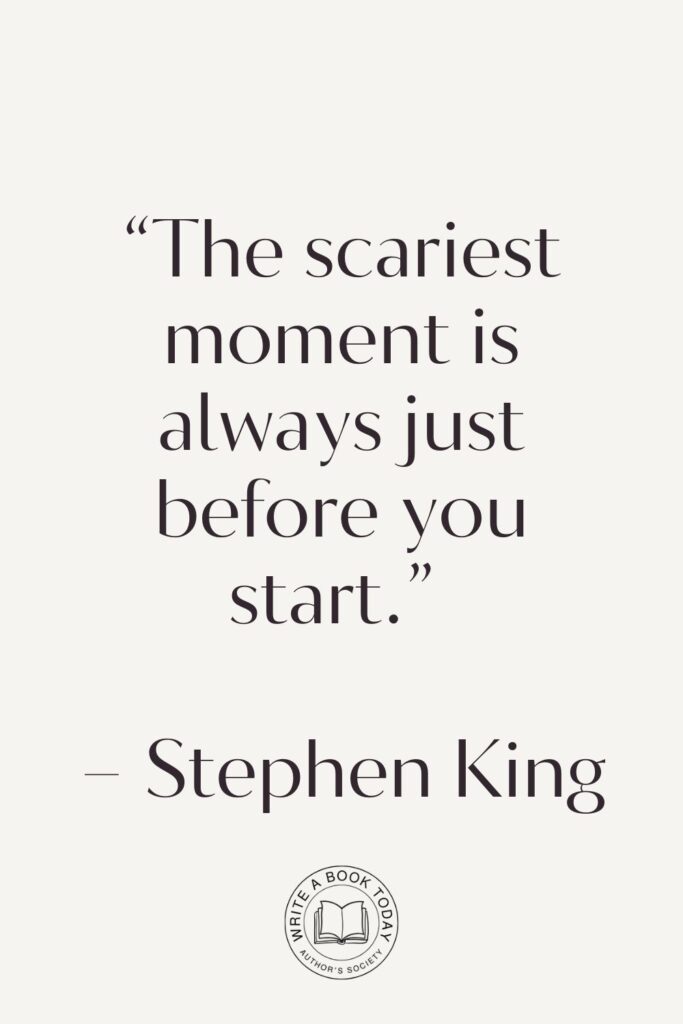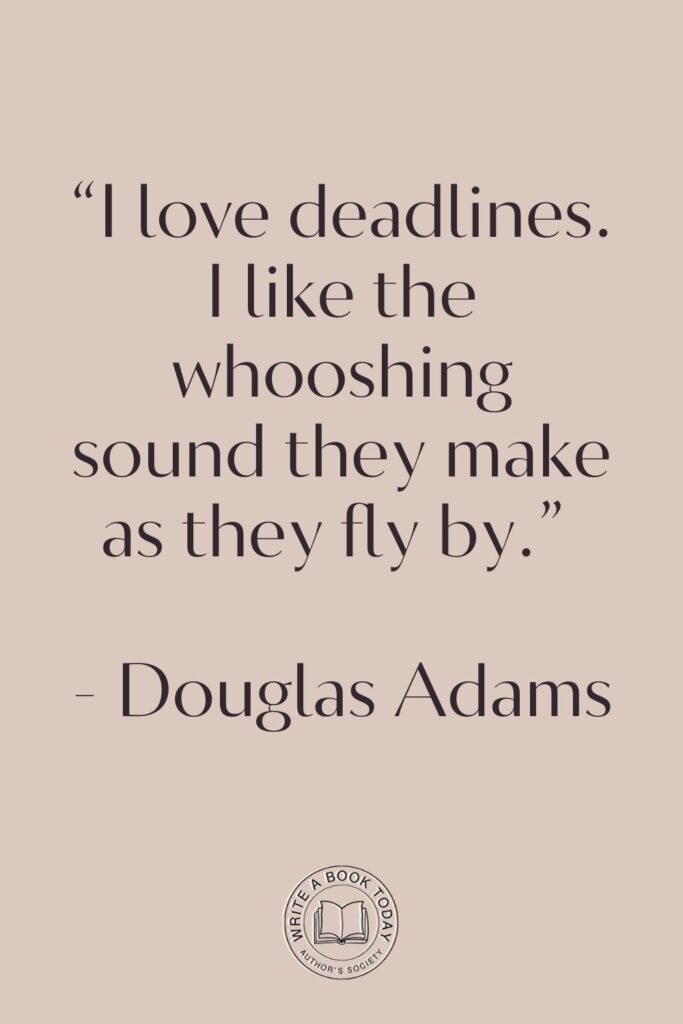Have you ever felt like a circus juggler, desperately trying to keep all your writing projects in the air without dropping a single one? You’re not alone. Many writers find themselves in this whirlwind, wondering how to balance creativity and deadlines without losing their minds.
Whether you’re a novelist, a blogger, or a content creator, juggling writing projects can feel like walking a tightrope. But fear not, because with the right strategies, you can navigate this chaos and even thrive amidst it.
In this blog post, we’ll explore practical tips and techniques to help you manage your writing workload while keeping your sanity intact.
Understanding the Chaos of Juggling Writing Projects
Imagine standing in front of a shelf filled with books, each representing a different writing project, and knowing that every single one demands your attention. This is the reality for many writers who are balancing multiple projects. It’s easy to feel overwhelmed by the sheer volume of work and the constant demand for creativity.
But understanding the nature of this chaos is the first step toward conquering it. Writing is an art, but it’s also a craft that requires organization and discipline. The key lies in recognizing the unique challenges of juggling writing projects and developing a plan to tackle them head-on.
For starters, it’s crucial to acknowledge that not all projects are created equal. Some might require intense research, while others demand spontaneous bursts of creativity.
By categorizing your projects based on their needs, you can allocate your time and energy more effectively. Embrace the diversity of your work, and you’ll find that managing multiple projects becomes a stimulating rather than daunting task.
Feeling lost with your debut novel?
Fiverr Pro connects you with expert editors, designers, and marketers – everything you need to get your book ready for success!

Crafting Your Writing Time Management Strategy
Time management is the backbone of any successful writing endeavor, especially when you’re juggling multiple projects. Without a well-structured plan, it’s easy to get lost in a sea of deadlines and unfinished drafts.
Crafting a writing time management strategy is akin to creating a map that guides you through the wilderness of your workload. It involves setting realistic goals, creating flexible schedules, and maintaining a balance between creativity and productivity.
Setting Realistic Goals and Deadlines
One of the biggest pitfalls in juggling writing projects is setting unrealistic goals. We often overestimate what we can achieve in a day, leading to frustration and burnout. To avoid this, start by breaking down each project into smaller, manageable tasks.
Assign deadlines that are challenging yet achievable, and remember to factor in buffer time for unexpected delays. This approach not only keeps you on track but also provides a sense of accomplishment as you tick off completed tasks.
Consider using a project management tool or a simple spreadsheet to track your progress. This visual representation of your workload helps in identifying potential bottlenecks and allows you to adjust your strategy accordingly.
Here’s a simple table to illustrate how you might organize your projects:
| Project | Tasks | Deadline | Status |
|---|---|---|---|
| Novel | Outline, Write Chapter 1 | June 15 | In Progress |
| Blog Post | Research, Draft | June 10 | Completed |

Creating a Flexible Writing Schedule
While setting deadlines is essential, it’s equally important to allow flexibility in your schedule. Creativity doesn’t always adhere to strict timelines, and forcing yourself to write at specific times can stifle inspiration. Instead, create a writing routine that accommodates both structure and spontaneity.
Designate certain hours for focused writing and leave room for breaks and brainstorming sessions. This balance ensures that you’re productive without sacrificing creativity.
To create a flexible writing schedule, identify your peak creative times. Some writers thrive in the early morning, while others find inspiration late at night. Experiment with different schedules to discover what works best for you. Remember, flexibility is key to maintaining creativity and avoiding burnout.
Overcoming Creative Blocks Like a Pro
Every writer encounters creative blocks, those frustrating moments when words refuse to flow and ideas seem elusive. When you’re juggling multiple writing projects, these blocks can feel even more daunting. However, overcoming them is possible with the right mindset and techniques.
By identifying your creative triggers and employing fun methods to spark inspiration, you can break through these barriers and keep your writing momentum alive.
Identifying Your Creative Triggers
Understanding what ignites your creativity is crucial for overcoming blocks. Reflect on past experiences when ideas flowed effortlessly. Was it a particular environment, a specific time of day, or even a type of music that inspired you?
Once you’ve identified these triggers, incorporate them into your writing routine. Creating a conducive environment can significantly enhance your ability to generate fresh ideas and overcome creative hurdles.
Additionally, consider keeping a journal to document your thoughts and inspirations. This practice not only helps in identifying patterns but also serves as a treasure trove of ideas to revisit when you’re feeling stuck. Remember, creativity is a muscle that strengthens with regular exercise.
No marketing platform? No social following? No problem!
Publisher Rocket helps you market your debut novel like a pro.
It’s a gamechanger for debut authors – try it today!


Fun Techniques to Spark Inspiration
When creativity feels elusive, sometimes all you need is a change of perspective. Engage in activities that stimulate your imagination, such as taking a walk in nature, visiting an art gallery, or reading a book in a genre you wouldn’t normally choose.
These experiences can serve as a catalyst for new ideas and insights. Embrace the unexpected and allow your mind to wander freely.
- Try freewriting: Set a timer for 10 minutes and write without stopping. Let your thoughts flow without worrying about grammar or coherence.
- Use writing prompts: Challenge yourself with prompts that push you out of your comfort zone.
- Collaborate with other writers: Sharing ideas and receiving feedback can lead to exciting breakthroughs.
Writer’s Sanity Tips for the Multi-Project Life
Maintaining your sanity while juggling writing projects requires more than just time management and overcoming creative blocks. It involves nurturing your mental and emotional well-being. By finding a supportive community, celebrating small victories, and embracing self-care, you can navigate the multi-project life with grace and resilience.
Finding Your Supportive Community
Writing can be a solitary endeavor, but it doesn’t have to be a lonely one. Surrounding yourself with a supportive community of fellow writers can make a world of difference.
Join writing groups, attend workshops, or participate in online forums where you can share experiences, exchange ideas, and offer encouragement. The camaraderie and understanding from like-minded individuals can provide a sense of belonging and motivation.
Consider joining a local writing group or an online community. Engaging with other writers offers opportunities for collaboration and feedback. You can share your struggles and triumphs, gaining insights from diverse perspectives. Remember, you’re not alone in this journey.

Celebrating Small Wins and Progress
In the hustle of juggling multiple projects, it’s easy to overlook the small victories along the way. Take time to acknowledge and celebrate each milestone, no matter how minor it may seem.
Whether it’s completing a chapter, hitting a word count goal, or receiving positive feedback, these achievements contribute to your overall progress and boost your confidence.
Consider keeping a journal to record your accomplishments. Reflecting on these successes can provide motivation during challenging times and remind you of your growth as a writer. Remember, every step forward is a step closer to your ultimate goals.
Embracing the Joys of Writing Amidst the Chaos
Amidst the chaos of juggling writing projects, it’s important to remember why you started writing in the first place. Embrace the joy and fulfillment that comes from expressing your thoughts and ideas through words. By sharing your stories and finding humor in the struggles, you can cultivate a positive outlook and rediscover the passion that fuels your creativity.
Google Docs is for notes. Scrivener is for novels. Upgrade your writing game and try it for free today!

Sharing Your Stories and Experiences
Writing is a powerful tool for connection and storytelling. Share your experiences, both triumphs and challenges, with others. Whether through a blog, social media, or personal conversations, your stories have the potential to inspire and resonate with readers.
By opening up about your journey, you not only create a sense of community but also remind yourself of the impact your words can have.
Consider starting a writing journal or blog to document your thoughts and reflections. Use this platform to explore different writing styles, experiment with new genres, and connect with an audience who appreciates your unique voice. Remember, your stories matter.
The Humor in Writing Struggles
Let’s face it—writing isn’t always a smooth ride. It comes with its fair share of challenges and humorous moments. Embrace the humor in your writing struggles and learn to laugh at the inevitable mishaps along the way.
Whether it’s a typo that completely changes the meaning of a sentence or a plot twist that surprises even you, finding humor in these situations can lighten the load and keep your spirits high.
Share funny anecdotes or writing mishaps with fellow writers. Laughter is a powerful stress reliever and a reminder that you’re not alone in facing writing challenges. Embrace the lighter side of writing and find joy in the process.
In conclusion, juggling multiple writing projects may feel like a daunting task, but with the right strategies and mindset, you can conquer the chaos and emerge victorious. By understanding the unique challenges, crafting effective time management strategies, overcoming creative blocks, and nurturing your mental well-being, you can navigate the multi-project life with confidence and joy.
Remember, you’re not alone on this journey—reach out to your writing community, celebrate your progress, and embrace the humor in the struggles. Writing is a beautiful adventure, and with each project, you’re adding another chapter to your own story.








